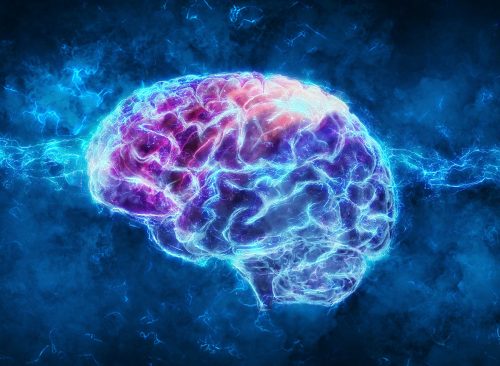
Reaching the age of 50 is a significant milestone in life, and it comes with a host of surprising changes, both physically and mentally. Scientific studies have shed light on these transformations, and understanding them can prepare you for this new phase of life. In this article, we’ll explore 20 remarkable shifts that occur after 50, giving you valuable insights to embrace and navigate these changes gracefully.

As you age, your brain’s ability to process information and make sound decisions matures, leading to increased wisdom. You become better at handling complex situations and emotions, drawing from a lifetime of experiences.

As you enter your fifties, your metabolism begins to slow down due to declining muscle mass and hormonal changes. This means that your body burns calories slower, making it essential to adjust your diet and exercise routine to maintain a healthy weight.

Sleep patterns alter with age, and after 50, it’s common to experience more fragmented sleep and wake up earlier in the morning. Embracing a consistent sleep schedule and creating a comfortable sleep environment can help improve the quality of your rest.

Around the age of 50, muscle mass starts to decline, leading to reduced strength and stamina. Engaging in regular resistance training can counteract this process and help preserve muscle mass and bone density.

After 50, many people may experience changes in their vision, such as presbyopia (difficulty focusing on close objects) and increased sensitivity to glare. Regular eye check-ups become essential to maintain good eye health.

Hormonal fluctuations become more pronounced after 50, especially for women experiencing menopause. Understanding and managing these changes can alleviate associated symptoms and improve overall well-being.

Research suggests that emotional regulation improves with age, allowing individuals to handle stress and emotional challenges more effectively.

With age, the risk of developing chronic illnesses like cardiovascular disease, diabetes, and arthritis rises. Prioritizing preventive measures such as a balanced diet and regular exercise can significantly lower this risk.

While certain aspects of memory might decline, semantic memory, responsible for knowledge and facts, tends to remain stable or even improve after 50.

Studies indicate that creativity can peak during middle age, as individuals combine their accumulated knowledge and experiences in novel ways.

After 50, many people experience age-related hearing loss due to changes in the inner ear. Regular hearing tests and the use of hearing aids can aid in maintaining communication and social engagement.

Bone density decreases with age, making bones more susceptible to fractures. Adequate calcium and vitamin D intake and weight-bearing exercises can help prevent osteoporosis.

As people grow older, they often develop a deeper sense of gratitude and appreciation for life’s simple pleasures.

Taste buds and olfactory receptors can decline, altering the perception of taste and smell. Exploring new flavors and spices can make meals more enjoyable.

With age comes greater financial confidence, as individuals have had more time to learn and adapt to financial matters.

Older adults often prioritize quality relationships over a large social circle, valuing deeper connections with family and close friends.

While some cognitive decline is a natural part of aging, there are lifestyle factors, such as staying mentally active and engaging in social activities, that can help reduce the risk.

As people age, their ability to empathize and understand others’ emotions tends to improve.

After 50, many individuals actively seek out new learning opportunities and pursue interests they may not have had time for earlier in life.

As individuals age, they tend to become more accepting of themselves, embracing their imperfections and finding contentment in who they are.














